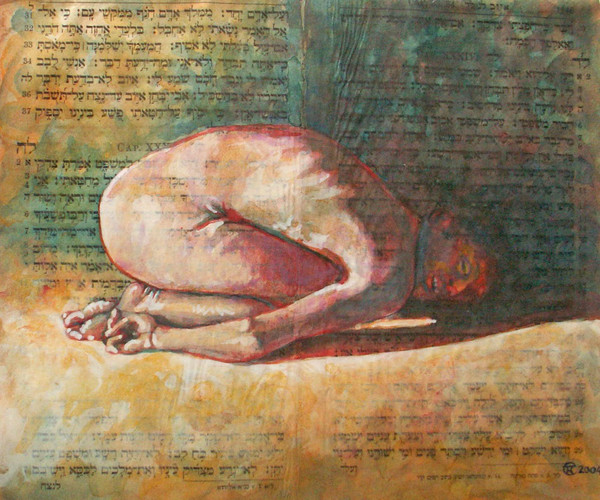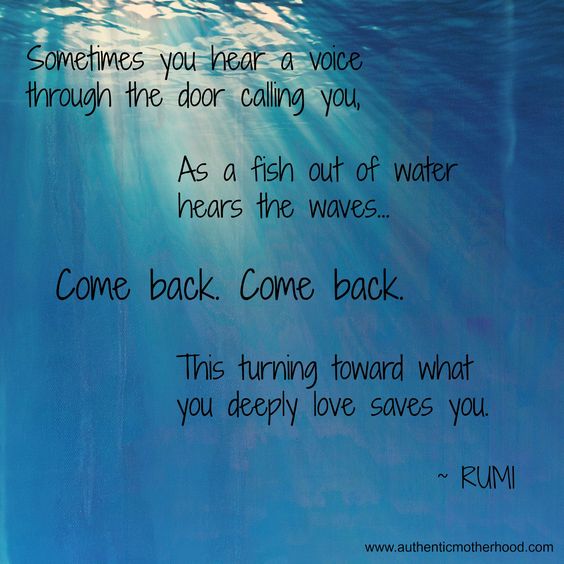Reflections from Book of Job, one of the wisdom texts we’re studying together
We must cultivate our garden. — Voltaire, Candide The most famous line in Voltaire’s ”Candide” is the final one: ”We must cultivate our garden.” That is Candide’s response to the philosopher Pangloss, who tries again and again to prove that we live in the best of all possible worlds, no matter what disasters befall us. […]



